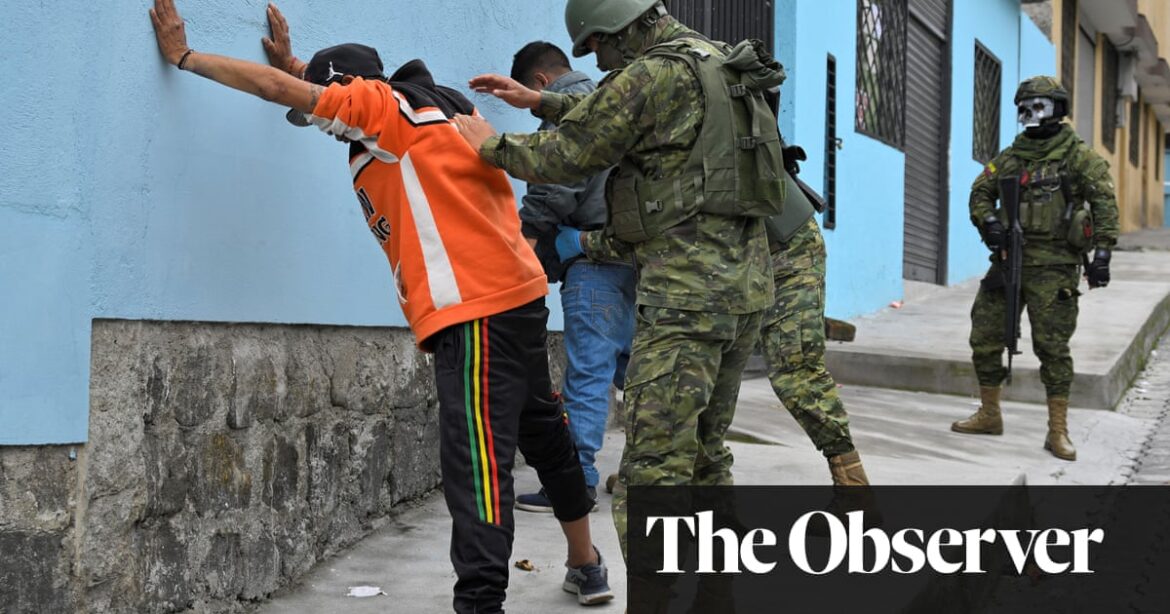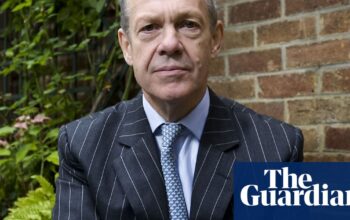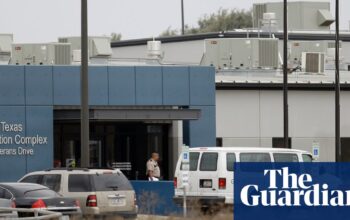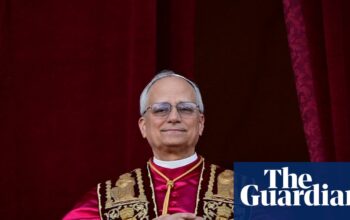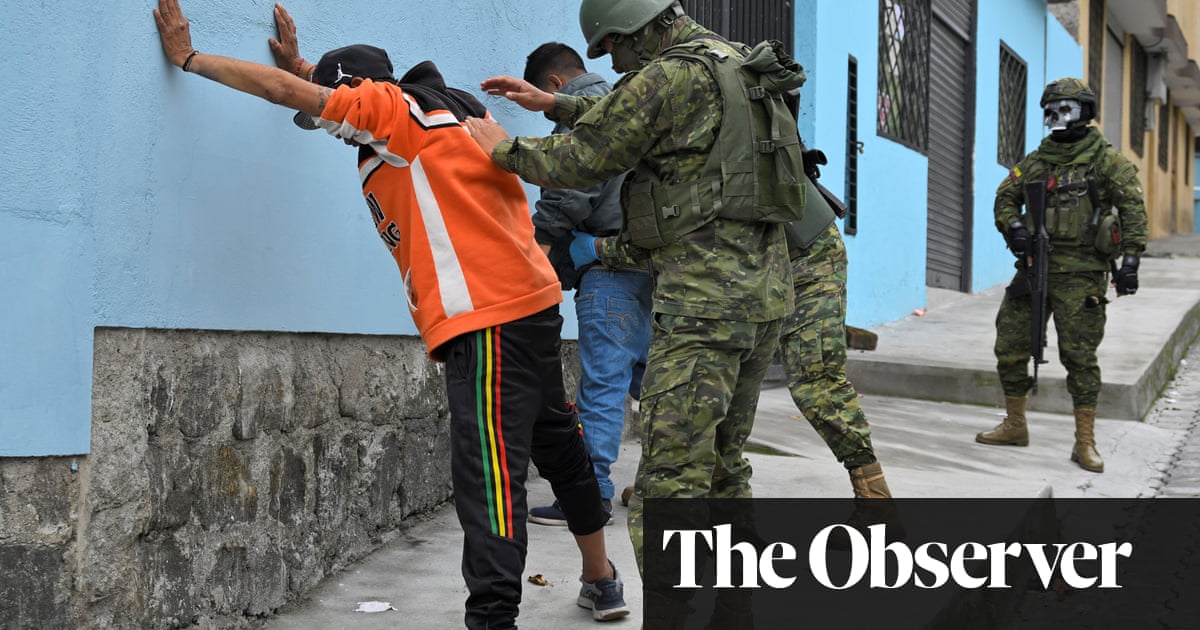
The president of Ecuador, Daniel Noboa, has refuted claims that his administration is engaging in a widespread effort to track and eliminate gang members. This comes as the nation continues to face a week of turmoil and fatal unrest, which the president has labeled as a war.
During his initial interviews since the unrest started on Monday, the 36-year-old president of Ecuador stated that he was committed to preventing his country from turning into a “narco-state.” He believed that the only effective approach was to take a tough stance against the organized crime groups that were inflicting “terror” on the country’s prisons and streets.
Ecuador, previously known for its peaceful nature in South America, has experienced a significant increase in its murder rate over the last five years. In 2019, the country recorded a shocking 7,878 killings, as Mexican cartels and foreign mafia organizations have established a presence in this important drug-trafficking route.
“We are not actively seeking out and murdering individuals, but we are engaged in a war against well-equipped, organized groups with support from both domestic and international finances. Their network of terror and criminal activity extends far beyond Ecuador’s borders,” stated Noboa in an interview with Noticias Telemundo.
Noboa, who was elected in October, stated in an interview with the BBC that they are continuously battling to prevent their country from becoming a narco-state. They are determined to come out victorious in this war and will not give up until they do.
The leader delivered a speech while on a trip to Guayaquil, the biggest city in Ecuador. This city was heavily impacted by violent acts last week, as organized gang members carried out a series of attacks across the country. These attacks included detonating car bombs, setting fire to vehicles and structures, and kidnapping a large number of prison guards.
The lively port city on the Pacific coast, known for housing Ecuador’s main container terminal, holds a key position in the illicit transportation of cocaine from South America to the USA and Europe. In recent years, gang conflicts have plagued the city as competing factions fight for dominance.
On Tuesday, a group of armed criminals forcefully entered a television station in Guayaquil and held the reporters hostage during a live broadcast. Noboa, who visited the damaged studio, assured that this type of incident will not occur again. The police special forces were able to rescue the hostages and detain 13 suspects.
Shortly after his speech, there were additional accounts of disorder as at least six prisoners allegedly fled from a nearby prison on Friday evening. In the southern city of Cuenca, gunshots and explosions were reported from another correctional facility early Saturday morning.
Later in the day, it was reported that all prison guards who were being held by inmates had either been freed or managed to escape. The SNAI prisons agency had initially stated that there were 158 guards and 20 administrative staffers being held hostage, and they had been in captivity since last Monday in seven different prisons.
SNAI stated that there will be an inquiry to identify the individuals responsible for the kidnapping.
Earlier on Saturday, SNAI reported incidents at multiple prisons. One of these incidents included a confrontation between armed inmates at the El Oro province prison, which led to the death of a guard.
As of Friday, the Ecuadorian government reported that over 850 people had been arrested in the initial days of Noboa’s “Plan Phoenix” enforcement, named after his goal to revive the country. The report also stated that five individuals labeled as “terrorists” were fatally shot and 246 firearms were confiscated in over 7,800 operations carried out by the police and military. Tragically, two police officers lost their lives.
Noboa stated that the criminals have not respected any human rights laws. He believes that the crackdown was necessary as a final option. He does not believe that using military force to combat organized crime will result in human rights violations, despite similar occurrences in countries like Colombia and Mexico.
Noboa, the son of a wealthy banana business owner in Guayaquil who received education in the United States, also denied any intention of using the crackdown as a way to maintain his position of power. He downplayed comparisons to El Salvador’s authoritarian leader, Nayib Bukele, who has imprisoned numerous individuals accused of being part of gangs since implementing a controversial anti-gang campaign in 2022 and is running for re-election next month.
Noboa stated that he is not like other governors who try to amend the constitution in order to extend their time in office or declare themselves as dictators. He emphasized that his leadership is not a dictatorship.
Over 22,000 soldiers from Ecuador were sent to control the situation and eliminate the gangs, while the loved ones of those who were killed during this period of intense violence grieved their losses.
Camille Gamarra expressed that her husband, Diego Gallardo, a well-regarded musician, tragically lost his life as a result of the chaos in Guayaquil last Tuesday. She finds comfort in the fact that he died for love and sacrificed himself to protect his stepson. As she mourns his death and prepares for his funeral, she holds onto the belief that love is what will ultimately save them all.
The previous leader of Ecuador’s naval forces, vice-admiral Ángel Sarzosa Aguirre, stated that the government had no option but to take a proactive approach against the criminal organizations. He cautioned, “If they resist, they will face death.”
Blanca Moncada also contributed to the reporting.
Blanca Moncada provided additional reporting.
Source: theguardian.com
